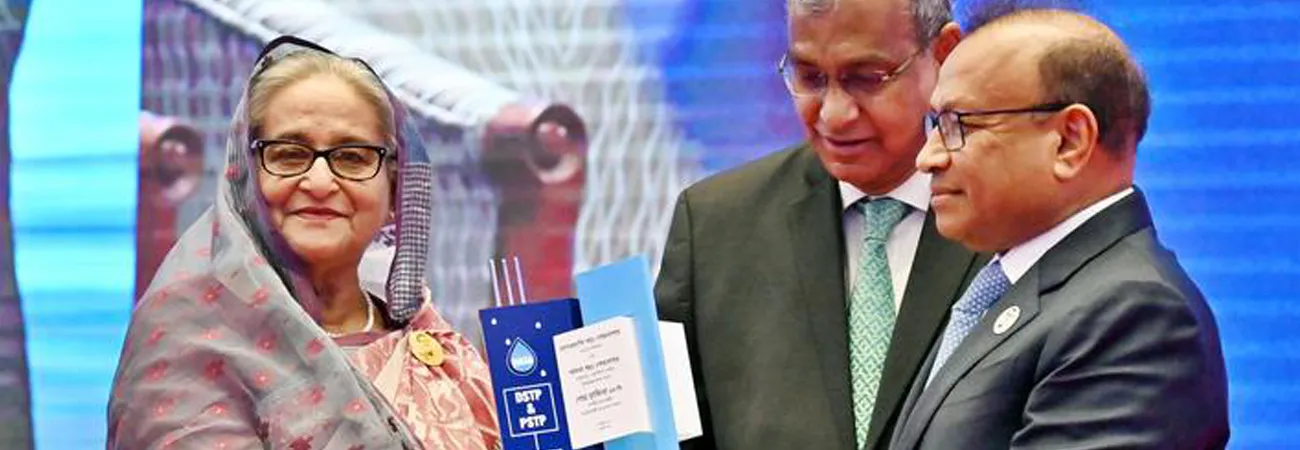XINHUA-PAKISTAN SERVICE
BEIJING, Jan 14 (INP): To advance industrial cooperation, especially construction of industrial parks, Pakistan needs to carry out deep reforms in several areas, amend laws and frame corresponding policies. Moreover, this also requires coordination across party lines and more governmental efficiency, says Liu Zongyi, a senior fellow of Shanghai Institutes for International Studies in a article published in the Global Times. It is hard to amend the constitution and laws in Pakistan because of its political system. Constitutional amendment and law changes can only be achieved through political negotiations. However, the country is not fully prepared for this. In addition, the Pakistani government needs to recognize that industrial growth has its own laws. Industry in every country must move from the low end toward the high end of the value chain. The Third Industrial Revolution has prompted the development of industrial division from inter-industry specialization to intra-industry and intra-product specialization. Agricultural industrial parks should be given high priority in the construction of the CPEC. Apart from cooperation in processing and manufacturing sectors, agricultural cooperation constitutes an important part of industrial coordination and weighs more for Pakistan. As a pillar industry and a comparative advantage for Pakistan, agriculture can quickly deliver economic benefits and alleviate poverty. Recently announced long-term CPEC’s plan covered key areas of cooperation including textiles, chemicals, medicine, steel, home appliances, engineering equipment, construction materials, manufacturing, agriculture, gardening, ICT, finance and logistics. It is likely that industrial cooperation and building of industrial parks would face some resistance because of political reasons. According to Mr. Liu, conflict between federal and local authorities, clashes of interests between different provinces and partisan infighting have affected construction of the CPEC. Some political parties and local interest groups will capitalize on the CPEC, the LTP and bilateral industrial cooperation to achieve their political goals.





